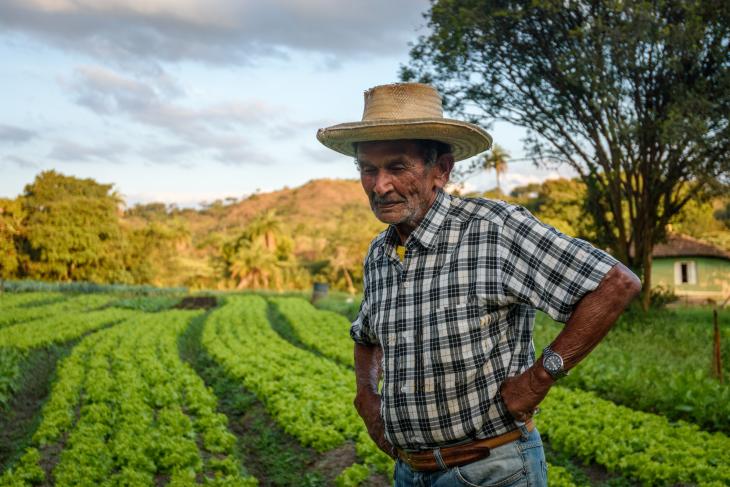Agricultural Trade and Climate Smart Innovations (ATraCSI): A Food for Progress Intervention in Guatemala, Honduras, and El Salvador

The World Trade Organization Trade Facilitation Agreement (WTO TFA), ratified in 2017, proposed regulations and harmonization of standards to decrease the non-tariff-based blocks to export and trade in the North Central America Region (NCAR). However, the current systems implementing technical regulations and Sanitary and Phyto Sanitary (SPS) measures are not harmonized between countries and lack the capacity to effectively apply these measures, resulting in cumbersome, time-consuming delays in the release of goods. (SPS measures are rules and procedures that governments use to ensure that foods and beverages are safe to consume and to protect animals and plants from pests and diseases.)
These trade barriers are especially detrimental to NCAR’s perishable agricultural value chains. The bottlenecks from weak customs infrastructure and SPS review result in increased costs through loss of perishable products and extended transit times. Historically, these bottlenecks have been addressed through alternative coping mechanisms that become ingrained in the system, but they do not address root causes, such as low skill levels of technical staff, poorly designed digital systems, and non-tariff trade barriers.
The Northern Triangle countries—El Salvador, Guatemala, and Honduras—have also faced increased challenges due to climate change and extreme climate events such as hurricanes, droughts, and floods, as well as prolonged weather pattern changes. Together, these have dramatically impacted the agricultural sector, which makes up more than 25 percent of the gross domestic product and accounts for approximately 30 percent of employment opportunities. In a region that already faces internal challenges such as violence, insecurity, and inequality, new disruptions to livelihoods due to climate change have exacerbated internal displacement and increased external migration, primarily to the United States.
The ATraCSI Project
Through a comprehensive approach to trade in the horticultural sector, the U.S. non-profit organization, Improving Economies for Stronger Communities, is implementing the Agricultural Trade and Climate Smart Innovations (ATraCSI) project in Guatemala, Honduras, and El Salvador to address some of the challenges related to agricultural trade and the root causes of migration in areas with high horticulture potential.
The project implements activities at various levels, from government agencies and private-sector organizations to smallholder famers. At the public-sector level, the project provides technical assistance to those involved in SPS, food safety, and trade facilitation. The project also supports smallholder farmers in the horticultural sector by providing trainings on agriculture practices to increase productivity, income, and trade.
As the evaluation collaborator for ATraCSI, AIR and its partners are:
- Conducting a performance evaluation at the policy level and farm level outcomes;
- Designing and managing data collection methodologies and approach to data analysis; and
- Supporting the Food for Progress learning agenda for IESC and United States Department of Agriculture


